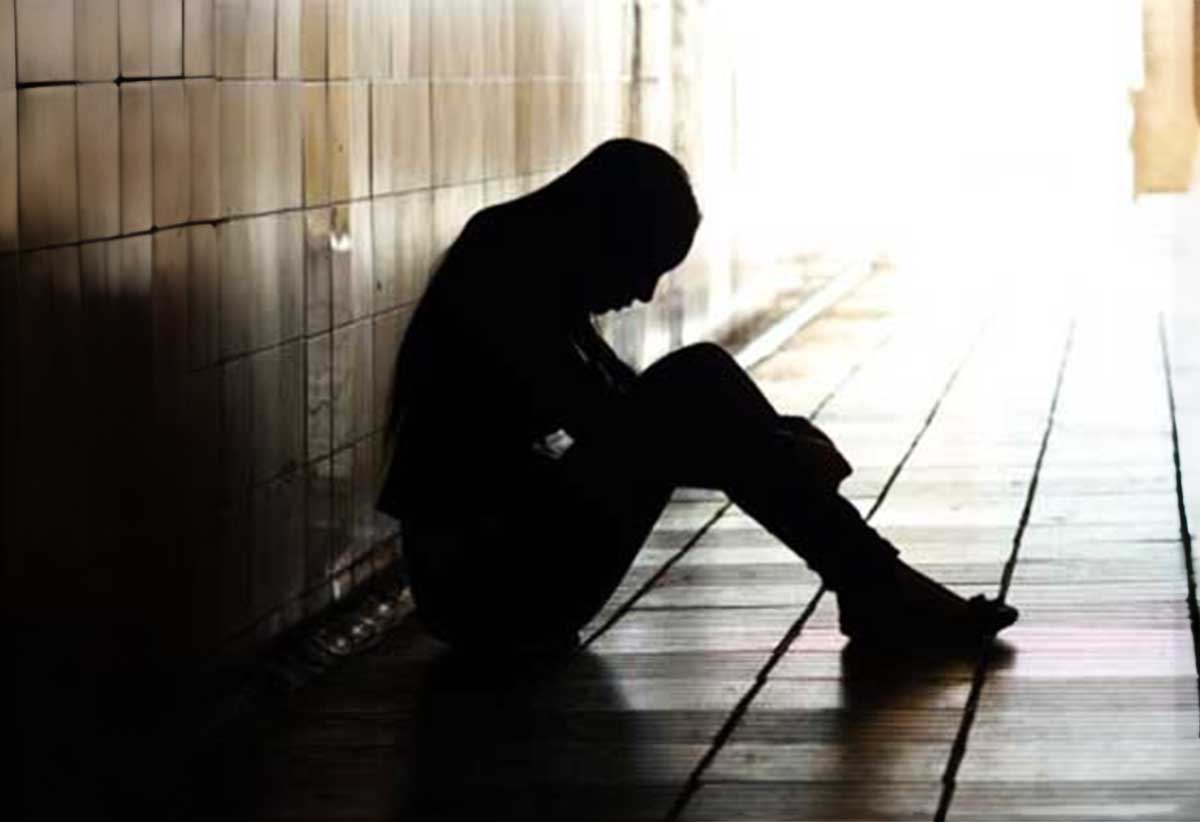WASHINGTON, D.C. – The Inter-American Commission on Human Rights (IACHR) expresses its concern over the situation of gender-based violence against women in Trinidad and Tobago and calls on the State to adopt urgent measures to prevent and eradicate it, particularly that perpetrated in the family and intimate partner context. These measures should incorporate a gender and intersectional approach, ensure the effective protection of survivors and promote the transformation of socio-cultural patterns that normalize gender-based violence against women.
The Commission received reports of homicides of at least four women in October 2024, who experienced a history of domestic and intimate partner violence. According to publicly available information, in recent weeks physical attacks on six women were reported, of which four died. These attacks were perpetrated by partners or ex-partners of the victims. In some cases, the victims would have been beneficiaries of protection measures that were not implemented.
These are not isolated cases but are part of a broader context of violence against women and impunity related to this type of crime. According to data from UN Women, in Trinidad and Tobago, 44% of women who have ever been in a relationship have suffered violence, whether physical, sexual, emotional and/or economic. In this sense, official data indicate that, between January and August 21, 2024, at least 1,227 cases of domestic violence in the form of physical violence and 117 cases in the form of sexual abuse were reported, of which only five persons were charged in total. In addition, for the same period, 111 breaches of protection orders were registered, of which less than half resulted in charges.
Within the framework of the Convention of Belém Do Pará, the State has the duty to guarantee that all women have access to effective protection measures and judicial guarantees. The effectiveness of these measures is essential to prevent violence from escalating to femicide. In addition, compliance with the obligations to investigate and punish violence is essential to prevent its recurrence, as it sends a clear message of zero tolerance on the part of the State.
The Commission recognizes the State’s efforts to combat violence against women, such as the National Strategic Plan of Action on Gender-Based Violence and Sexual Violence and the decision of the High Court that recognized the State’s obligation to protect victims of domestic violence from the actions of non-State actors. In this regard, it urges the State to continue and redouble efforts to comprehensively address gender-based violence, including measures to transform discriminatory socio-cultural patterns that normalize violence against women, especially in the domestic and intimate partner contexts.
In particular, the IACHR urges the State of Trinidad and Tobago to take concrete measures to ensure that any victim or potential victim of gender-based violence has access to timely and effective protection measures, which integrate differentiated approaches to gender and intersectionality; it must also ensure its proper implementation through monitoring, supervision, and accountability mechanisms. In addition, it urges the State to conduct diligent investigations that lead to the identification and punishment of those responsible, in addition to ensuring victims’ access to comprehensive care services and reparation.
The IACHR is a principal and autonomous organ of the Organization of American States (OAS), whose mandate derives from the OAS Charter and the American Convention on Human Rights. The Inter-American Commission has the mandate to promote the observance of human rights in the region and to act as an advisory body to the OAS in this area. The IACHR is composed of seven independent members who are elected by the OAS General Assembly in their personal capacity, and do not represent their countries of origin or residence.

